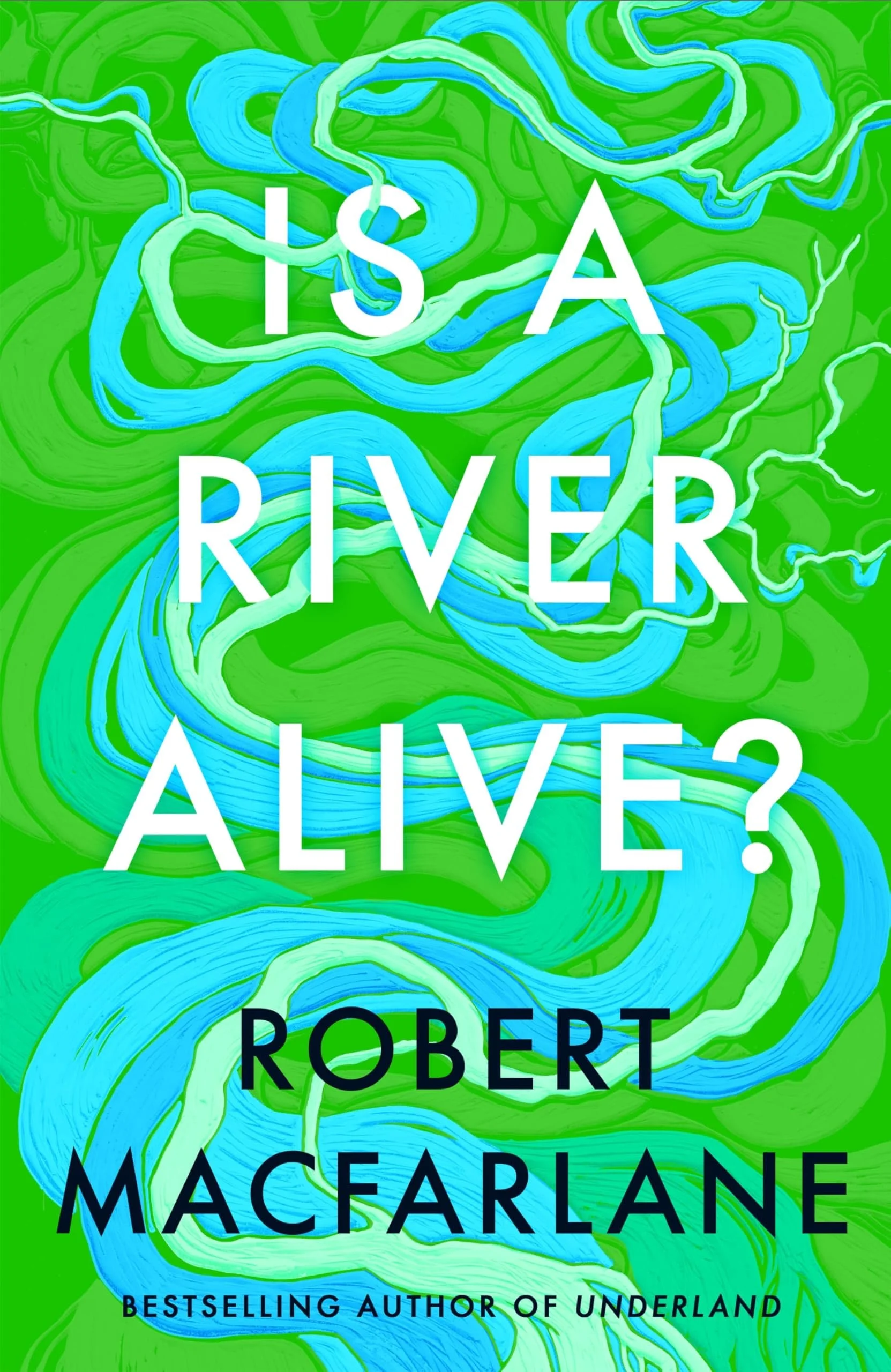The Waters We Share: A Swimmer's Reckoning With Sewage, Profit and Protest - Article 1: The River Remembers
It’s been a decade since our first big adventure together as the Wild Swimming Brothers. Sharing swims together with my brothers has been an honour. I’ve been lucky enough to swim through waters so clean I could see the riverbed ripple beneath me as sticklebacks darted behind rocks and reeds rustled with the flow. In 2015, alongside my brothers Jack & Robbie, I swam the 145km length of the River Eden. This was a source-to-sea adventure that followed the entire river, from its gurgling source high up in the hills of North Yorkshire to its wide, silty mouth at Port Carlisle. Over 9 days, I felt like I’d got to know the river, that it had different personalities, different moods and felt more like a person than a geographical feature. It almost felt like the river was alive.
In his latest book, Is a River Alive?, Robert Macfarlane explores the idea of granting legal personhood and rights to rivers and other natural entities. Macfarlane reflects on how different cultures, especially Indigenous traditions, perceive rivers as living beings with agency, rather than mere resources. He discusses real-world legal cases where rivers like the Whanganui in New Zealand and the Ganges in India have been granted personhood, and he questions the Western legal and philosophical frameworks that separate humans from nature. Ultimately, his work invites all of us to reconsider our relationship with the natural world and to imagine more respectful, reciprocal ways of living with it.
“What might it mean to say that a river is a person or even that a river is alive?”
I agree with Macfarlane, and my time in the River Eden taught me how rivers can heal and how they are held together by the collective guardianship of communities. Time in the river challenged me to rethink my assumptions about nature, personhood, and our ethical responsibilities to the living world. It made me reflect deeply on how language, law, and culture shape our relationship with the environment.
But in the years since our Eden swim in 2015 two major things have happened. The first is that I have become a father, I welcomed my son Erik Alan Wild in June of last year. Becoming a father really forced me to project myself into the future, Erik will likely see the year 2100 and it really made me reflect on what state our rivers, seas, lakes and oceans will be in by that time. Will he and his generation have the same privilege that I have had and have clean water to swim in?
The second thing that has happened is that I’ve watched with growing horror as our rivers and waterways have become sacrifice zones to corporate greed. Quite simply, our rivers are sick. In 2023, England’s rivers experienced over 464,000 separate sewage spills, totalling more than 3.6 million hours of raw or partially treated waste released into waterways, according to the Environment Agency. That’s the equivalent of over 411 years’ worth of continuous pollution dumped into our rivers in a single year. On average, that’s more than 1,270 spills per day or nearly one every minute.
The worst offenders are the water companies themselves. In 2023, United Utilities was responsible for over 81,000 spills; Severn Trent, over 60,000; and Yorkshire Water, nearly 58,000. Even during dry weather, when discharges are supposed to be illegal, many companies continued to pollute. In 2024, United Utilities was responsible for at least 77,817 sewage overflows. These spills, on average, occurred 213.2 times a day and lasted for a total of 450,778 hours (52.17 years), affecting 1,977 locations within their service area. We don’t yet have the data for 2025 but all indicators point to even worse numbers than 2023 and 2024.
Since 2020, sewage has been released into UK waterways more than 1.3 million times, covering almost 9 million hours in total. The environmental and public health costs are staggering, but so is the profit. In 2023-2024 alone, the nine major English water companies paid out over £1.4 billion in dividends to shareholders.
The stench might mainly untreated waste; it’s the stench of betrayal by companies profiting from neglect, by regulators looking away, by a system that has monetised our most sacred commons. It forces me to think about whether my son Erik will have clean rivers to swim in. Will our rivers and waterways be so full of sewage and rubbish that they are dead zones and wild swimming has become a forgotten past time? Will Erik my son feel betrayed?
Our rivers remember every betrayal. The question is, will we?
Support WWF UK and their mission to preserve our rivers and waterways.


